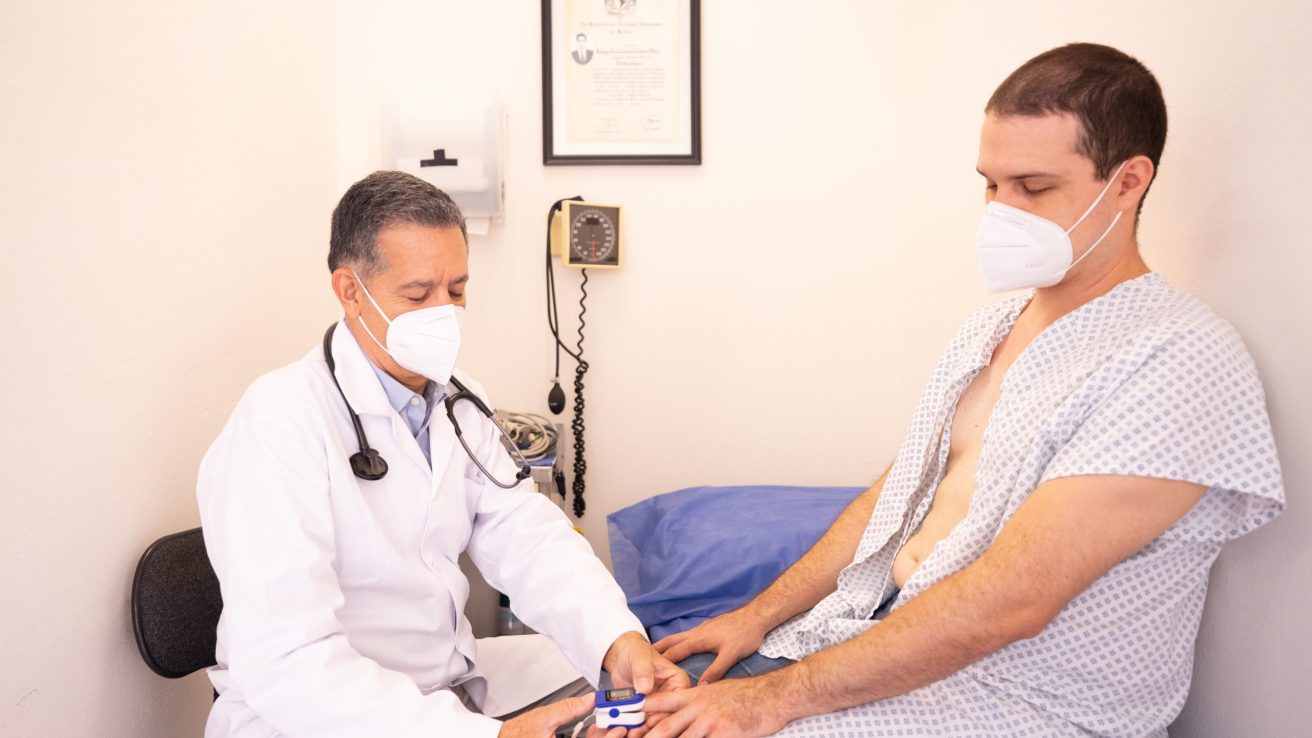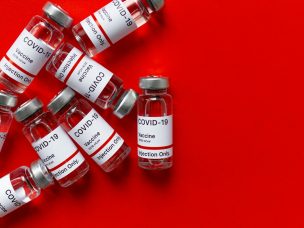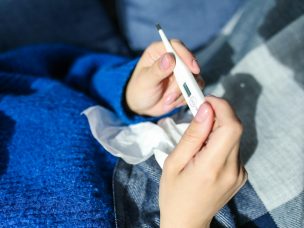Research suggests that vitiligo patients may experience a decreased risk of hospitalization and death from COVID-19. The potentially protective effects against infection with SARS-CoV-2 may be explained by different mechanisms.
Vitiligo has been linked to a lower quality of life and a variety of autoimmune disorders, which may increase the likelihood of poor COVID-19 outcomes. However, according to a recent clinical letter published in the Journal of the German Society of Dermatology, vitiligo may provide protection against poor outcomes in patients infected with SARS-CoV-2.
Using TriNetX (Cambridge, MA, USA), a federated database of around 80 million patients across 58 healthcare organizations, the 30-day outcomes of 2,009 COVID-19 patients from two well-balanced cohorts were analyzed. Compared to the group without vitiligo, COVID-19 patients with vitiligo were less likely to be hospitalized or die. However, about 16% of COVID-19 vitiligo patients had used systemic steroids in the past year and this subgroup was more likely to be hospitalized than matched controls, which may be explained by worsened or unstable disease symptoms.
Interferons are a type of signaling protein that host cells make and release to help the immune system fight viruses. In non-segmental vitiligo, which comprises about 90% of vitiligo cases, the immune system has been found to change to a more adaptive type 1, with increased innate immune response and stronger interferon signaling. Furthermore, vitiligo patients were discovered to have some genetic differences that may make them more resistant to viruses, lowering their risk of developing serious complications from SARS-CoV-2 infection.
However, more research is needed to find out if infection with SARS-CoV-2 makes vitiligo flares worse, and if infection with COVID-19 protects vitiligo patients from its long-term effects.
Source:
Raiker, R., Pakhchanian, H., Salingaros, S., & Helm, M. (2022). Risk of COVID-19 related complications in vitiligo patients: A database study. J Dtsch Dermatol Ges. https://doi.org/10.1111/ddg.14875










